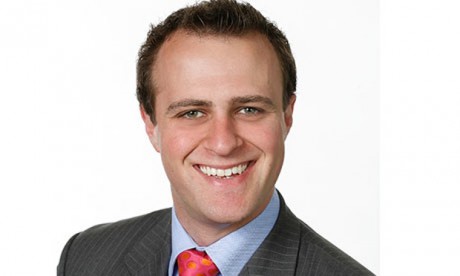The future of religious freedom in Australia is in the hands of religious faiths, not its secularist opponents.
Last week, the Catholic Archbishop of Sydney, Anthony Fisher, delivered the Centre for Independent Studies’ Acton Lecture titled “Should bakers be required to bake gay wedding cakes?”
Fisher raised a range of challenges facing religious liberty in Australia and across the world.
He rightly argued a “true democracy is a political order that acknowledges deeply held moral and religious convictions are important … [and] concedes that people must obey both God and Caesar”.
The principal target of the archbishop’s address was the perceived threat to religious liberty following a change in the law to allow same-sex couples to access civil marriage.
Fisher raised concerns that those who advocate for the status quo will face recriminations and people will be compelled to act against their conscience.
Similar concerns have also been raised by Anglican Archbishop Dr Glenn Davies.
Let’s be clear: a badly designed law can absolutely risk religious liberty, whereas a well-designed law will not.
To date, many religious leaders have simply opposed any change in the law.
Twenty-five years ago, that strategy made sense. A 1990 poll from the Institute of Family Studies found 14 per cent supported civil marriage for same-sex couples, while 51 per cent strongly opposed.
Today, such a strategy is gambling religious freedom on the roulette wheel. There are now many contemporary polls that show support is between 65 and 75 per cent, while opposition is continually declining and sits between 20 and 30 per cent.
That change has been driven by the families, friends and colleagues who know committed couples in relationships.
That attitudinal shift cannot be easily undone, and attempts to do so will strain the tolerance of Australians towards those prosecuting the argument justified in religious faith. Continue reading
- Tim Wilson is Australia’s Human Rights Commissioner.
Additional reading
News category: Analysis and Comment.




